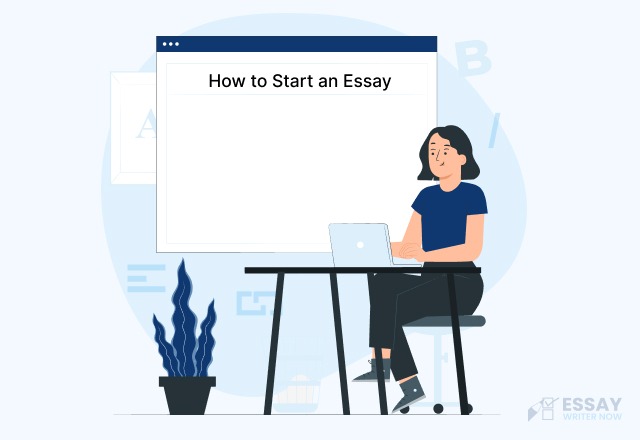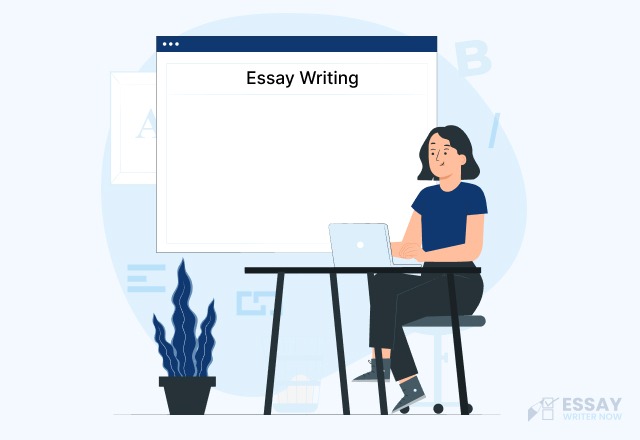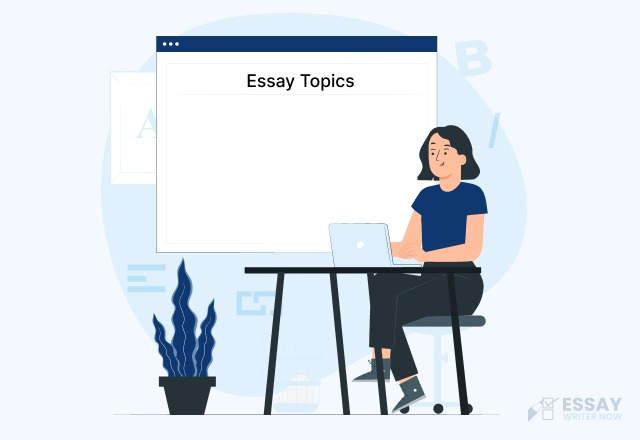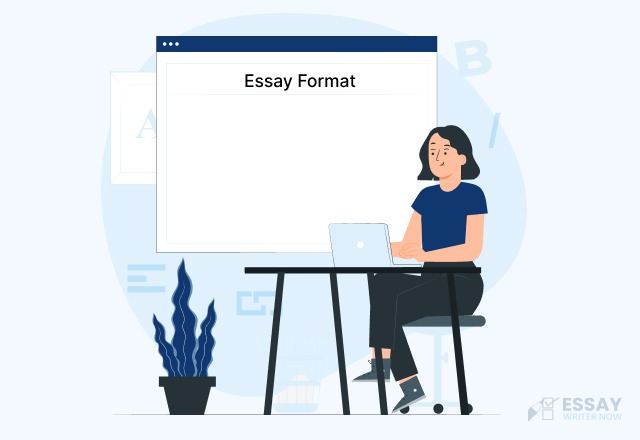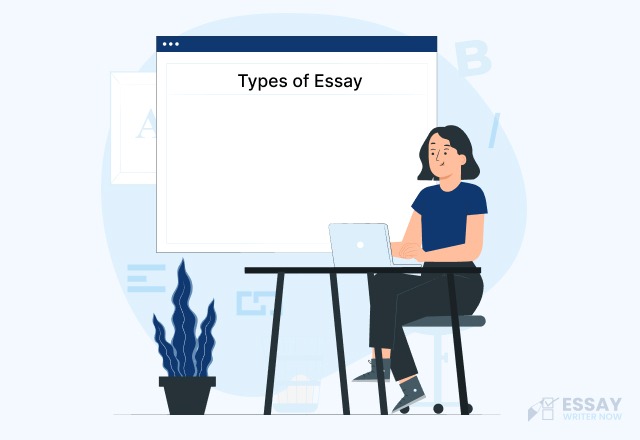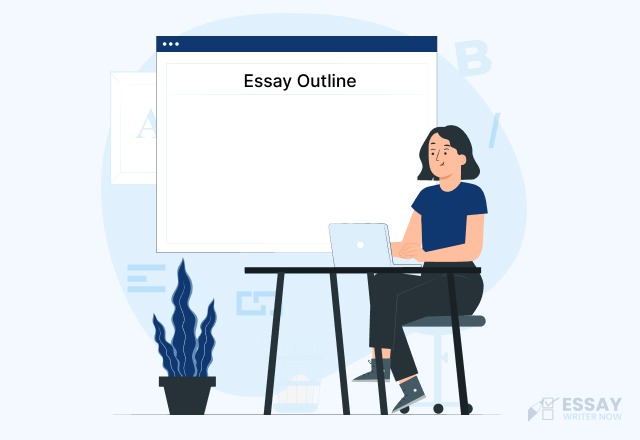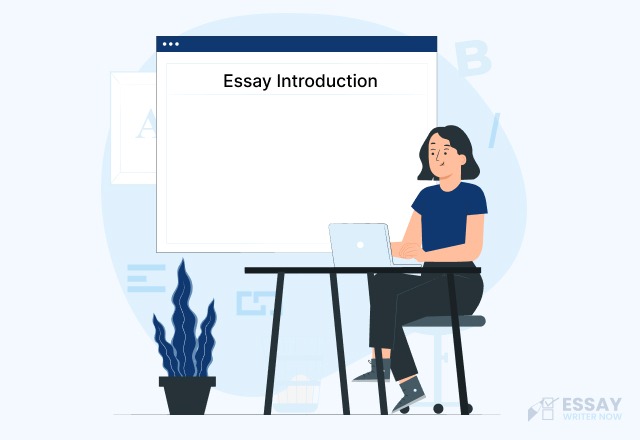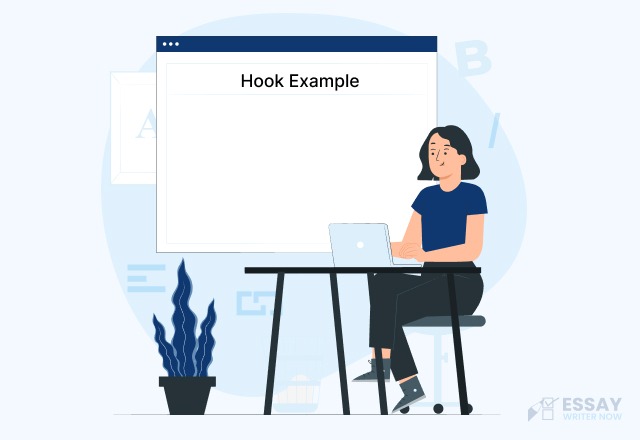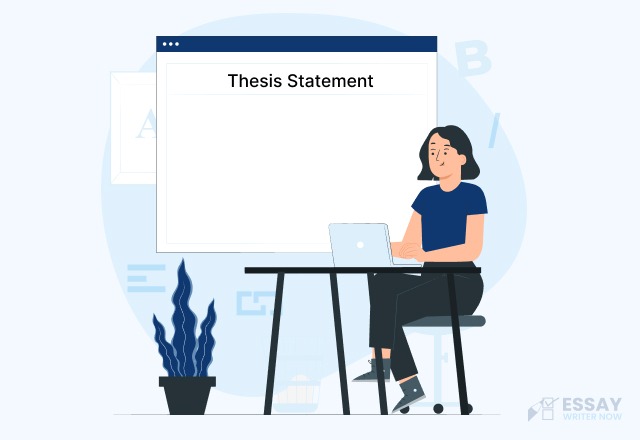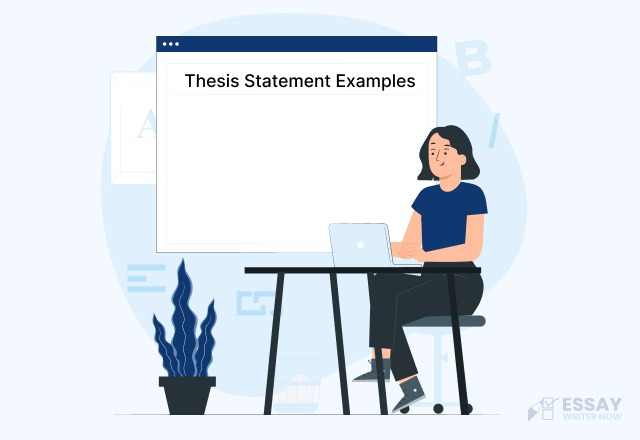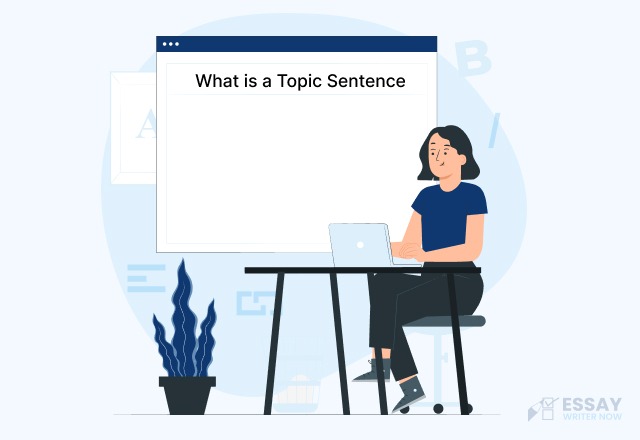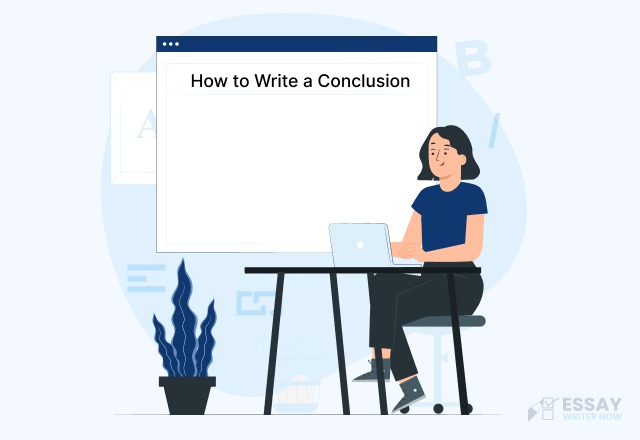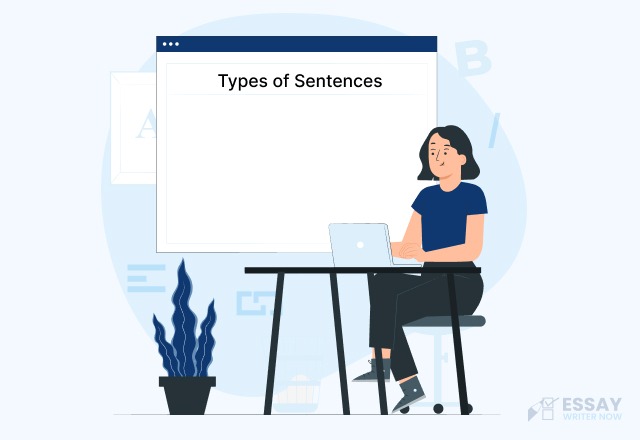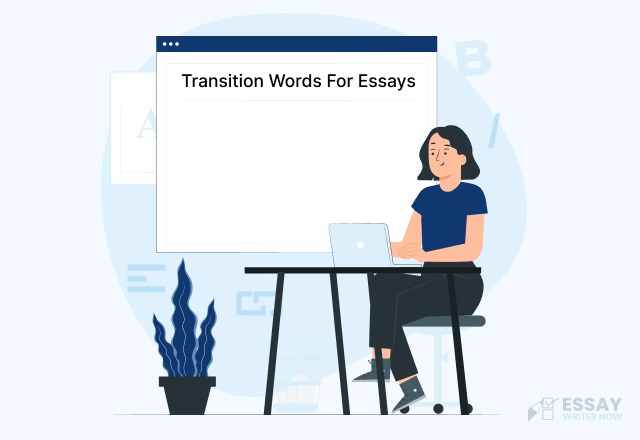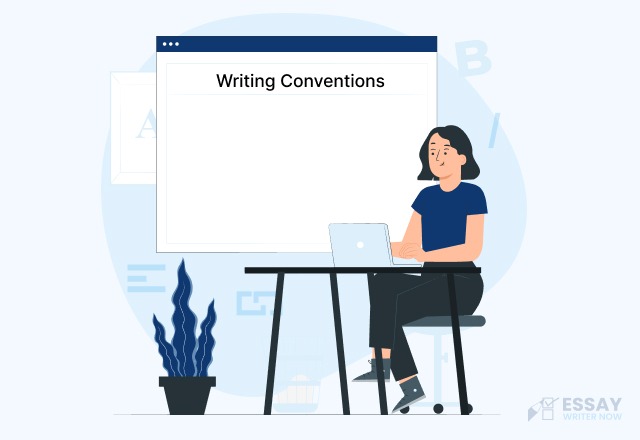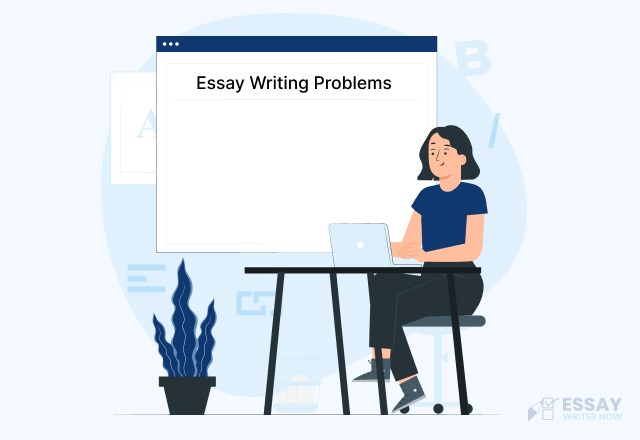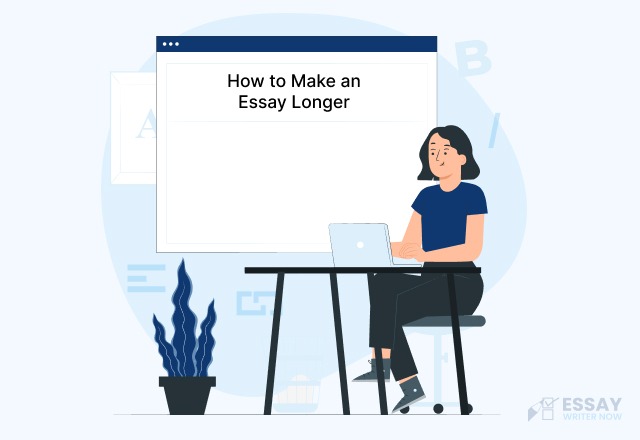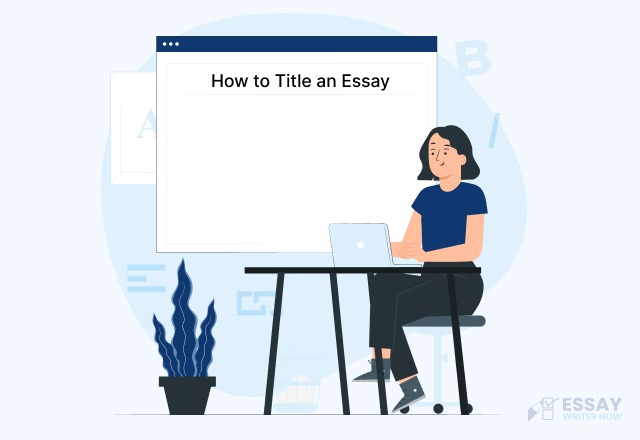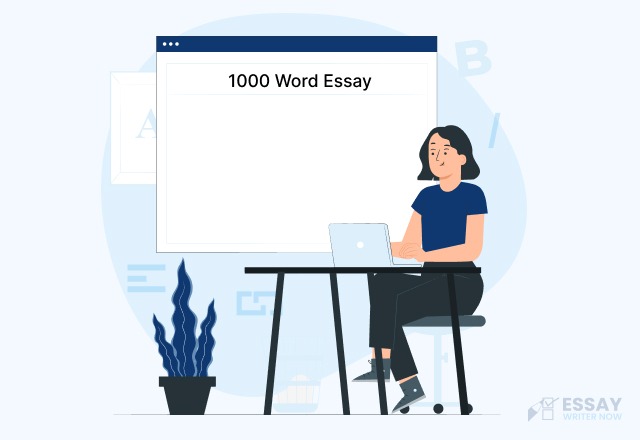How to Start an Essay Introduction?
To keep people reading your paper, you should start with something that will capture their attention. You can use hooks that motivate people by using inspiration to make them want to read more about what you are writing about.
One way to start an essay is by specifying the purpose. For example, the opening paragraph should be compelling and interesting enough for readers, which in turn makes them want to read more of what you wrote!
Here are the steps that will help your write an essay introduction:
Start with an Interesting Hook
The best way to capture someone's attention before they even start reading an essay introduction is by starting it with an essay hook. A good pairing of words, such as those describing the essay topic or theme-neat the idea for your paper!
Following are some of the major hooks used to introduce the topic in essays and other academic assignments:
- Quotation
- Question
- Anecdote
- Rhetorical Questions
- Statistics
- Or a random funny statement
The hook for your essay depends on the topic. If you are writing about a sad topic, do not use a casual or funny opening of the essay. If you are writing about something lighthearted, start with an interesting and engaging statement.
Provide Background Information
The background information you provide will make your audience familiar with the topic and overall argument. There are many ways to do this, but one of the most simple is by providing context for what's happening in their life or school right now so they can better understand how it relates back to them personally.
Providing background knowledge in the introduction is hard. Most times, you want to give away too much information in order to get readers interested in your essay or paper. But this will bore them, and they might close out the webpage before they have read more of it.
Don't spoil what will be a good surprise with spoilers ahead of time! Let readers experience everything for themselves without being told how it works.
Craft a Thesis Statement
The thesis statement is a sentence or two that tells what your essay's main idea and arguments are. It may tell why something does not apply as well in this section, or it may give the direction for the rest of the essay by explaining how it applies to this section.
A good introduction should summarize the main argument and introduce its reader. The thesis statement provides a road map for understanding what you are trying to say in an essay, so it's important that they follow along nicely!
Follow the Structure of your Essay
Readers will find it much easier to follow your essay if you keep this second part brief and informative. Keep them aware of what's coming next so they can understand the direction in which their reading should go while not overwhelming or boring any other readers out there!
In this step, you'll want to make a map of your essay. You can map for a longer work or one that discusses fear-based ideas and concepts in depth. If not, make sure there is still enough information to hook your readers here!
Revise your Essay
Once you're done with the piece of writing, edit and revise your interactions to make sure everything is included without being too wordy.
As a student, you should always do your research before writing an essay. Otherwise, your paper will not make sense, and people won't like it. Make sure to do plenty of reading on the topics in order for the introduction to match with other parts, such as body text which discusses all details up until now.
How to Start an Essay Body?
The body paragraphs are very important. They explain your point of view and present some main ideas that you will be talking about in the paper. The complexity of the issue is related to how many details there are in each paragraph.
If an issue is complicated, more detail needs to be put in, so people understand it better. But if the issue is not complex, no need for more detail because they will understand it without being told explicitly.
To prove your claim, you can use facts. You can also use examples, statistics, and details from the text to show that your thesis is correct. All these paragraphs should work together to link back to your thesis and prove it.
How to Start an Essay Conclusion?
An essay conclusion is like a skeleton in the closet. Everyone knows that it's there, but no one wants to see it. When you write your conclusion, you say what you just said before and then give some more details about the story or project.
The last section of an essay should be focused on summarizing all major points made throughout; provide some closure by restating the thesis statement if necessary.
You've done all the hard work; now it's time to reap the rewards. Your essay is almost finished! Remember to always start and end your paper.
Remember to stay engaged with the reader throughout their reading experience. The more they read, the better they will understand what you are writing.
Other Ways to Start an Essay
There are some other ways to start an academic essay. These are with different hooks and some other techniques. Let us explore these ways in detail:
How to Start an Essay with a Quote?
Quotes can help to explain and give ideas about a topic. Quotes should come from reliable sources. Quotes should provide context and personal opinions or take on other points of view for those who might not understand it yet.
To resolve this problem, use body paragraphs within each paragraph where appropriate so that no one reading the passage is confused over something they don't understand yet.
Here are some expert tips on how you can use quotes.
- Avoid commonly used words that will make people understand what you are saying.
- It can be hard to find one quote among many, but it is worth spending time on the one that suits your audience the best.
- Make sure it flows naturally instead of feeling stiff
How to Start an Essay with a Question?
It is always a good idea to start your introduction with an engaging question. This will help the reader become interested and think about what you are saying. You can even put keywords at the beginning of your introduction to entice someone into reading more!
One way to make your text more interesting is by asking questions. The question should be phrased in such a way that it will get people's attention. This could mean using creative words or addressing complex topics with straightforward answers to questions for those who are looking at things too simplistically.
How to Start an Essay with a Fact?
Introducing a fact or statistic into your introduction makes it more interesting to read. If people find the information interesting, they will keep reading, and if there are shocking numbers involved, then people will be hooked on this new information right away.
Starting an essay with one of your own opinions is a great way to get readers interested in what you have written. Start by sharing the facts that support this position and then explain why they make sense!
How to Start an Essay with an Anecdote?
One of the most interesting ways to start an essay is with a brief anecdote. It's about setting your story in order to show how it reveals what makes up the theme for your paper, but this hook can also be used in writing narrative or argumentative pieces instead!
The short little tale should relate back to the central idea at hand. Make sure it’s simple so as not to confuse readers too much though.
How to Start an Essay with a Thesis Statement?
Starting an essay with a thesis statement sets the tone for the entire piece by clearly stating the main argument or point you intend to discuss. A strong thesis statement not only provides direction for your writing but also engages the reader from the outset.
For example, in an essay about the impact of social media on interpersonal relationships, you might start with a thesis statement like this: "The pervasive influence of social media has profoundly altered how individuals communicate and interact, reshaping both personal relationships and societal dynamics."
How to Start an Essay with an Interesting Discovery?
While most people are content to know the basics, those with an academic curiosity will always be looking for new details and stories. These types of essays can start out very interesting because you're drawing in your readers from page one!
How to Start an Essay with a Historical Event?
Use the historical events to give your narrative an extra layer of weight. The event will feel as if it was happening in real-time, rather than being told from years ago when many people believed that is just what history books are about.
How to Start an Essay - Examples
To better understand what makes good openings and closings in essays, We recommend looking at some examples from different types of writing.
Mistakes to Avoid While Starting an Essay
To write a good introduction, start with an interesting subject. If it's not interesting or engaging enough, your readers will probably never read from you again!
Here are some things to avoid when creating this part of the paper:
Avoiding Overused Openings
Steer clear of clichés or starting with statements that are too obvious or commonly used. Your goal is to intrigue readers from the outset, so avoid phrases like "Since the beginning of time" or "In today's society," which can feel stale and uninspired.
Generic Introductions
Aim to make your introduction distinctive and captivating. Generic introductions that lack personality or specific relevance to your topic can fail to grab the reader's interest. Make your introduction memorable by using a unique angle, anecdote, or compelling statistic related to your subject matter.
Explaining Your Entire Argument
While it's important to provide context and set the stage for your essay, avoid explicitly outlining every point or detail you'll cover. Instead, focus on crafting an introduction that hints at the broader themes or questions your essay will explore. This approach maintains intrigue and encourages readers to continue.
Lengthy or Dense Introductions
Keep your introduction concise yet impactful. Long-winded or overly dense introductions can overwhelm readers and obscure the main point of your essay. Aim for clarity and brevity while still conveying the significance and interest of your topic.
Lack of Hook
An introduction should hook the reader by presenting an intriguing question, provocative statement, relevant quotation, or compelling anecdote. Without a hook, your introduction may fail to captivate readers and motivate them to continue reading.
In conclusion, starting an essay can be challenging, but it's crucial to grab your reader's attention right from the beginning. In today's fast-paced digital world, capturing interest quickly is more important than ever.
Remember, people are eager for fresh ideas and solutions to existing problems. By following the tips and strategies discussed in this blog, you can make your paper stand out and keep your readers engaged.
If you want to end the struggle of starting an essay, try getting in touch with a professional essay writing service.

